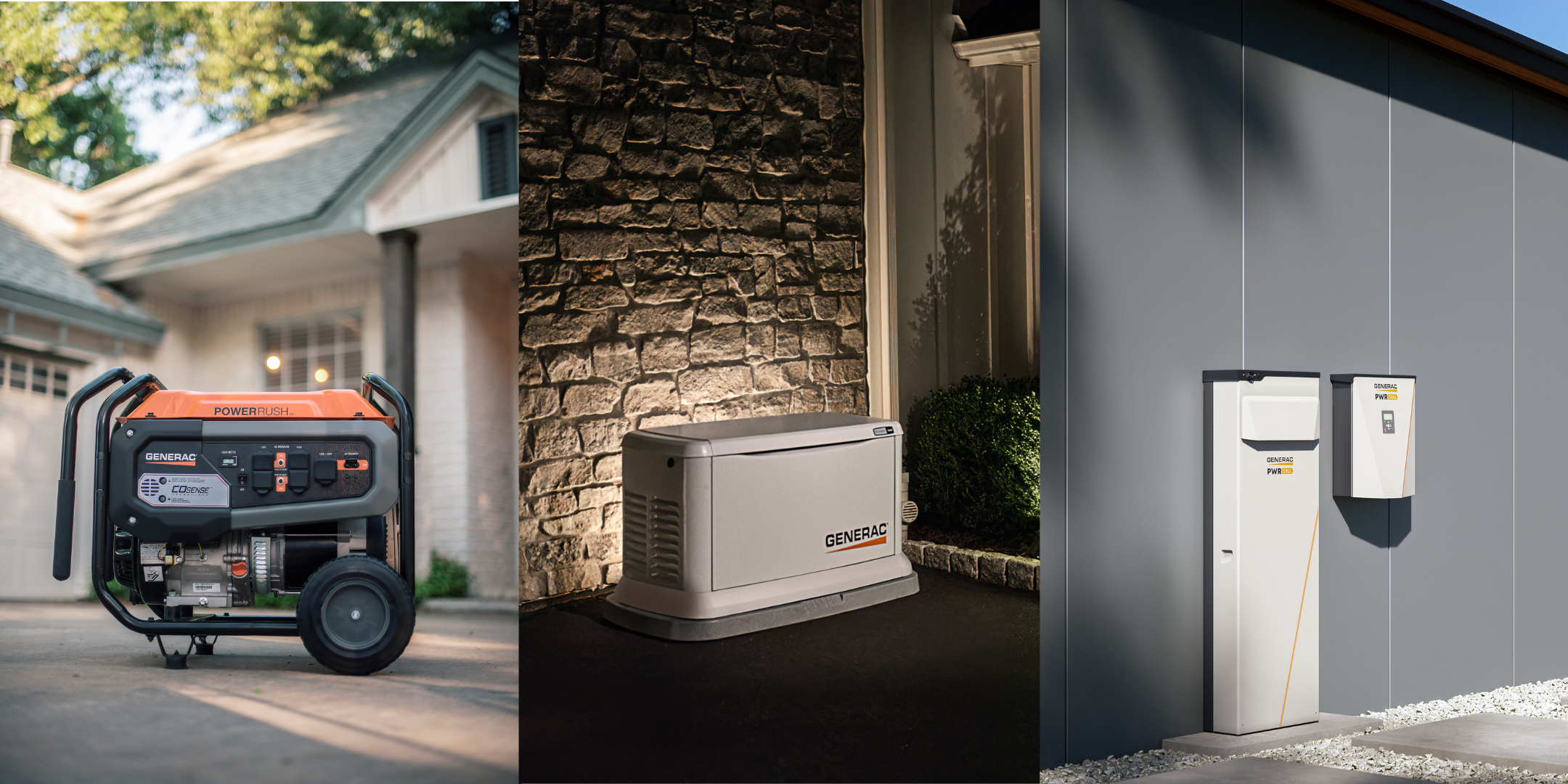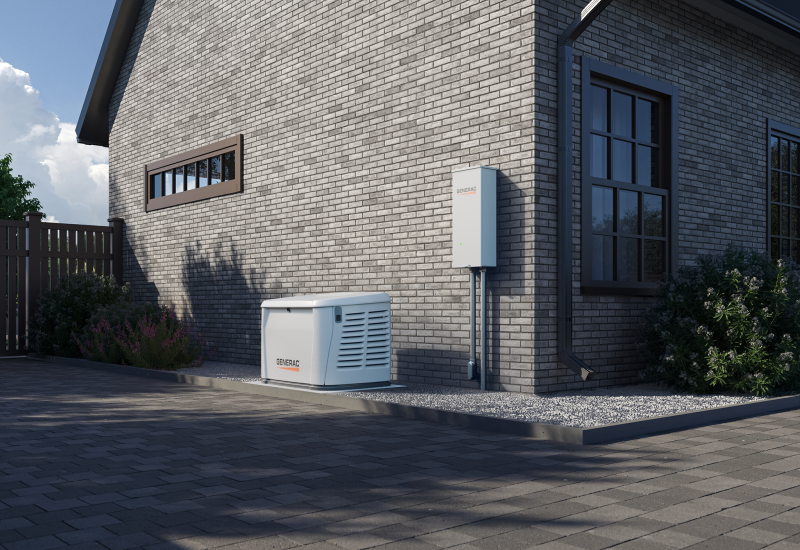Outsmart the Outages: Expert Advice on Power Loss Preparedness
(NewsUSA) - A need for reliable backup emergency power will be more critical this fall and winter season. Experts warn that extreme weather could bring additional power outages as temperatures surge and storms grow fiercer. Tropical storms are expected to intensify. The National Oceanic and Atmospheric Administration (NOAA) continues to advise that a highly active hurricane season will likely continue in the Atlantic through 2024.
- A need for reliable backup emergency power will be more critical this fall and winter season. Experts warn that extreme weather could bring additional power outages as temperatures surge and storms grow fiercer. Tropical storms are expected to intensify. The National Oceanic and Atmospheric Administration (NOAA) continues to advise that a highly active hurricane season will likely continue in the Atlantic through 2024.
These warnings underscore the importance of preparation at home. The harsh realities of extreme weather and the increasing frequency of weather-related outages make it imperative for individuals and communities to have robust backup power solutions in place.
The Impact of Power Outages
Power outages have become exceedingly inconvenient and can have far-reaching consequences that affect nearly every aspect of modern living. Without electricity, homes are left without heating, refrigeration, and lighting. Power loss can lead to dangerous living conditions in colder climates, particularly for vulnerable populations such as the elderly or those with young children and even pets. Additionally, power outages can disrupt communication channels, making it challenging to stay informed about the latest weather developments and emergency instructions.
In recent years, the frequency and duration of power outages have increased due to more intense and unpredictable weather patterns. According to data from the U.S. Energy Information Administration (EIA), weather-related power outages have risen, with hurricanes, ice storms, and heavy snowfalls being the primary culprits. The highly active hurricane season combined with the potential for severe winter storms suggests homeowners understand what they need for a reliable backup power source.
Types of Backup Power Solutions
Several options exist for those looking to secure backup power in emergency situations. Each has advantages and drawbacks, and the choice will depend on individual needs, budget, and the specific risks posed by the local climate.
1. Portable Generators. Portable generators are a popular choice for backup power due to the relative affordability and versatility of the unit, which can power essential appliances such as refrigerators, sump pumps, and heating systems. A portable generator will require fuel, typically gasoline or propane, and must be operated outdoors several feet away from any opening to the home due to the risk of carbon monoxide poisoning. Regular maintenance is also essential to ensure they can start and operate properly when needed.
2. Standby Generators. The more permanent solution is the most reliable option offered by a home standby generator. These units are installed outside the home and are connected directly to the electrical panel. Standby generators are powered by natural gas or propane and automatically activate when utility power is disrupted, allowing for continuous power for extended periods of time. This makes them ideal for homes in areas prone to frequent or prolonged outages. While more costly than portable generators, they offer powerful peace of mind and convenience.
3. Solar Power with Battery Storage. Renewable energy technology is advancing, and solar power systems with battery storage, such as those offered by companies like Generac, are another viable option and are becoming increasingly popular as backup power solutions. Solar panels can generate electricity during daylight hours, and excess energy is then stored in batteries. This eco-friendly option can reduce dependency on fossil fuels, though the initial investment requires considerable planning and energy system design.
Why Backup Power is Essential This Season
The 2024 fall and winter seasons are expected to bring a high risk of extreme weather events, making backup power solutions a preparedness priority. Hurricanes and severe storms can significantly damage the power grid, leaving homes without electricity for days or weeks. A backup power source is not just about convenience; it’s about being prepared for the unexpected. The peace of mind that comes from knowing you can maintain essential functions, such as heating, cooking, and communication, during a power outage is invaluable. Generac is a global leader in energy technology and offers information and resources at https://www.generac.com/prepare/






